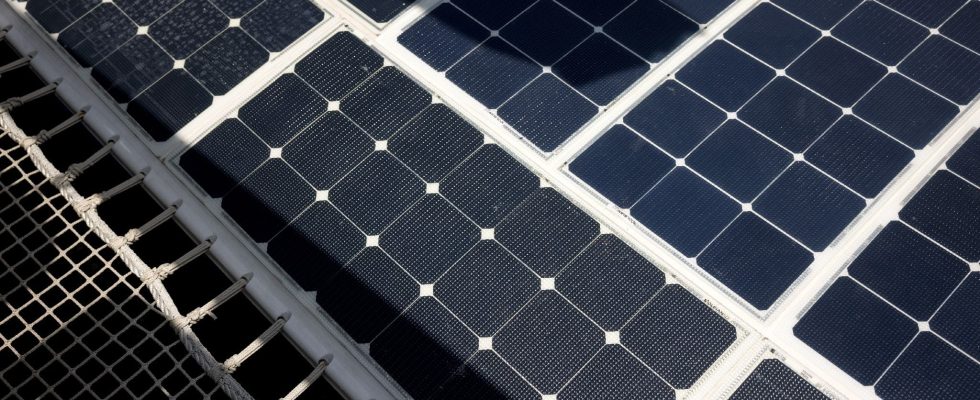Is the European photovoltaic sector doomed to experience the same disastrous fate as at the turn of the 2010s? Demand has never been so strong: 56 gigawatts of solar power were installed on the Old Continent in 2023, a record. But a wind of panic is blowing through this industry. In Austria and the Netherlands, panel manufacturers Energetica Industries and Exasun have in turn declared bankruptcy. The Norwegian NorSun, an expert in silicon wafers, has announced production stoppages accompanied by layoffs. In France, the Nantes-based Systovi declares that it is drowning in stocks, while the future of the nugget Photowatt remains uncertain, due to a lack of investment from its owner EDF. On the other side of the Rhine – where the bulk of the forces are concentrated – leading players are threatening to close shop, such as the national champion Solarwatt.
Hiccups in the timid renaissance of the sector which are once again due to the ferocity of competition. China, which is crushing the entire solar panel manufacturing chain, continues to increase its capacities. And its companies have found no better outlet than Europe. According to the think tank Ember, their exports to the region jumped by 34% in the first half of 2023, while the price of their products followed the opposite trend. The Wood Mackenzie firm estimates that the production costs of Chinese photovoltaic modules, already ultra-competitive, have fallen by 42% over one year. And this, at a time when Europe was absorbing an increase in electricity prices.
The American IRA attracts
Enough to ruin the efforts of its industrialists, and to a lesser extent those of the United States. Because the new avalanche of signs made in China has a lot to do with American policy. In force since 2022, the law against forced labor of Uyghurs – a Muslim minority in the province of Xinjiang violently repressed by Beijing – limits Chinese exports of photovoltaic components and panels. Added to this is the famous Inflation Reduction Act (IRA), whose generous tax credits promote local production. And attract a flood of industrialists attracted by this protectionist framework and the expected growth of the American market, like the Italian Enel and the Swiss Meyer Burger.
In financial difficulties, the latter wants to accelerate its deployment in the United States, even if it means abandoning Europe. The 500 employees of its German factory in Freiberg could pay a heavy price. Meyer Burger threatens to close the site’s doors in April, criticizing “the absence of sufficient measures to create fair competition in Europe”. It remains to be seen whether he will carry out his threat. Since the beginning of February, the horizon seems to be clearing for the solar sector. The reason: the agreement reached by the Parliament and the European Council around the Net Zero Industry Act (NZIA), Brussels’ response to the IRA. A set of measures which should enable Europe to produce on its territory nearly 40% of its green technology needs by 2030.
If it still needs to be validated, “the event allows us to see the end of the tunnel”, welcomes the president of the Renewable Energies Union. “This future agreement imposes resilience and sustainability criteria in calls for tenders, and leaves Member States the possibility of defining the degree to which they wish to impose these criteria. This encourages optimism,” explains Jules Nyssen. Opinion shared by the CEO of the young company Holosolis, whose Moselle factory is impatiently awaited. Scheduled for 2025, it is one of the two future gigafactories tricolor with the one that the French Carbon is to build in Fos-sur-Mer (Bouches-du-Rhône). Between them, they will give France a production capacity of 10 gigawatts… Subject to leaving the ground. “I appreciate how difficult the situation in recent months has been for existing European players, but from our point of view, the market has improved,” assures Jan Jacob Boom-Wichers, confident of the realization of the project. Holosolis. French and European sovereignty is at stake.
.
